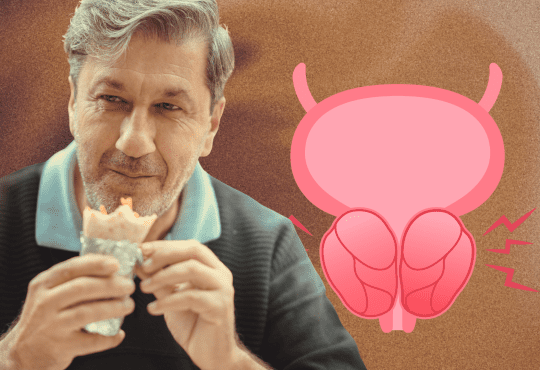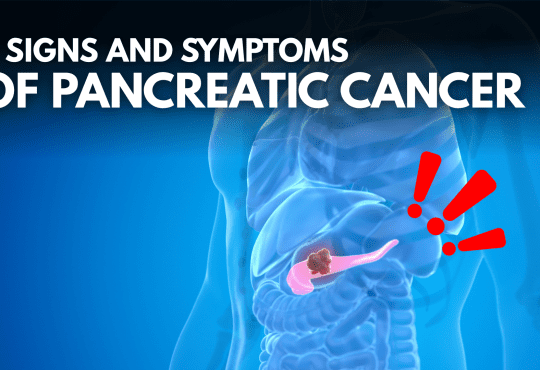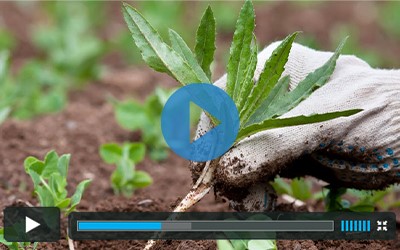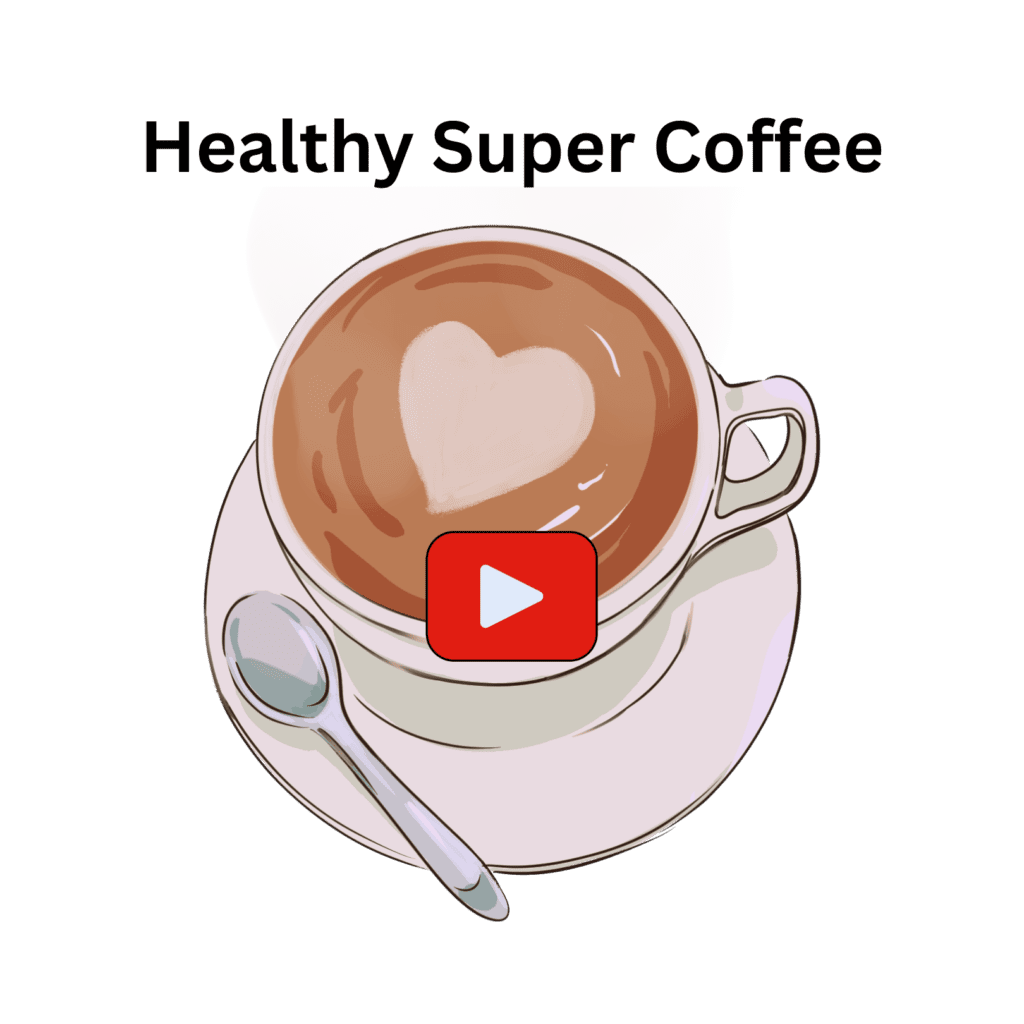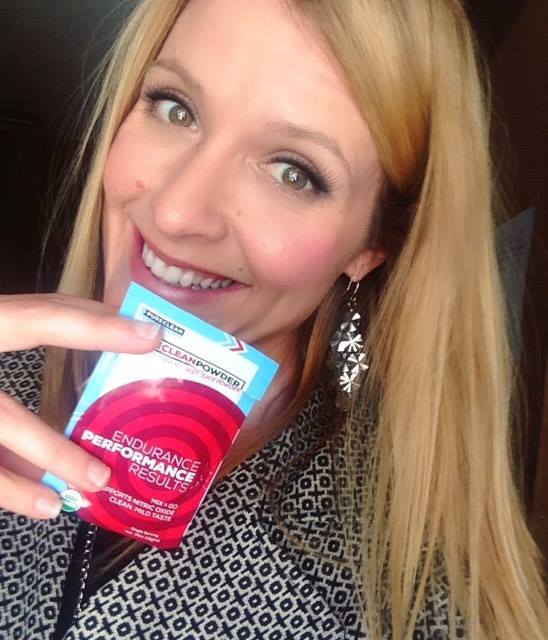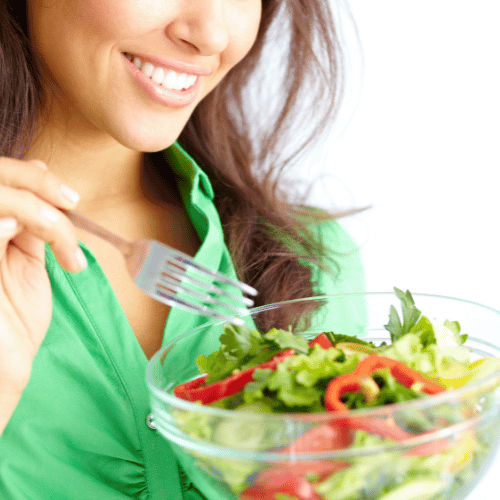
8 Diet Changes To Fight and Prevent Cancer
We all know that lifestyle choices play a massive role in our health, and diet is at the forefront of this battle.
While it’s true that no single food can offer a magic shield against cancer, making smart changes to what we eat can significantly lower our risk and provide crucial support to our bodies.
While there’s no absolute guarantee against cancer, research shows that certain dietary adjustments can significantly reduce the risk and aid the body during and post-treatment.
These changes are not just about cutting things out; they’re about empowering yourself with foods that can actively help in the fight against this disease.
So, grab a notepad, and let’s get started!
Number 8. Stay Hydrated
Starting our countdown at number 8 is a fundamental yet often overlooked aspect of health: Staying Hydrated.
While it’s a simple piece of advice, the impact of adequate hydration goes far beyond just quenching thirst.
It plays a vital role in overall health and, more specifically, in potentially reducing the risk of cancer.
Water is essential for every cell and function in our body. It aids in digestion, absorption of nutrients, and the elimination of waste products.
When your body is properly hydrated, it’s more efficient at flushing out toxins and other unwanted substances.
This detoxification process is crucial because the buildup of toxins can contribute to various health issues, including an increased risk of cancer.
Adequate hydration ensures that your body’s systems are functioning optimally.
For instance, the kidneys rely on sufficient water to filter waste from the blood and eliminate it through urine.
Keeping the kidneys well-flushed with water can help prevent the buildup of substances that could lead to kidney stones or other kidney-related issues, which in some cases can increase the risk of kidney cancer.
On a cellular level, water is vital for maintaining the integrity and health of every cell in your body.
Cells that are well-hydrated can better resist damage and function optimally. Since cancer begins at the cellular level, maintaining cellular health is a key preventative measure.
The amount of water needed can vary depending on individual factors like age, gender, activity level, and climate.
A general rule of thumb is to drink at least 8 glasses of water a day, but you may need more if you’re physically active, live in a hot climate, or are pregnant or breastfeeding.
Number 7. Choose Cancer-Fighting Foods
Continuing our countdown at number 7, let’s explore the significance of choosing Cancer-Fighting Foods.
In the fight against cancer, what you eat can play a pivotal role.
Certain foods, known for their cancer-fighting properties, can be instrumental in helping to prevent the growth and spread of cancer cells.
Foods like turmeric, garlic, and leafy greens are not just nutritious additions to your diet; they come loaded with specific compounds that offer protective benefits against cancer.
Turmeric contains curcumin. A powerful antioxidant with strong anti-inflammatory properties.
Research from the journal ‘Cancer Letters’ has shown that curcumin can interfere with cancer development, growth, and spread at the molecular level.
Moreover, studies suggest that curcumin can contribute to the death of cancerous cells and reduce angiogenesis (or the growth of new blood vessels in tumors) and metastasis (the spread of cancer).
On the other hand, garlic contains compounds like allicin that have been shown to have cancer-fighting properties.
These compounds can activate certain pathways in the body that help in fighting cancer cells.
Clinical studies from the ‘American Journal of Clinical Nutrition’ have linked regular consumption of garlic to a reduced risk of certain cancers, such as stomach and colorectal cancers.
Lastly, leafy greens like spinach, kale, and Swiss chard are high in antioxidants, fiber, and carotenoids.
These nutrients play a role in protecting cells from damage that could lead to cancer.
Research indicates that a diet high in leafy greens is associated with a lower risk of cancer, particularly those of the colon and lung.
Remember, though, that these foods are part of a broader lifestyle approach and should complement regular medical care and screenings.
Number 6. Cut Down on Sugary Drinks and Foods
At number 6 in our countdown, we focus on the importance of reducing the intake of Sugary Drinks and Foods, a key dietary change for cancer prevention.
Reducing the consumption of sugary drinks and foods is more than just a step towards a healthier lifestyle; it’s a crucial component in the battle against cancer.
While sugar itself doesn’t cause cancer, its indirect effects, particularly in contributing to obesity, play a significant role in increasing cancer risk.
Excessive intake of sugary foods and beverages can lead to weight gain and obesity.
Obesity is a known risk factor for various types of cancer, including breast, colon, and pancreatic cancers.
Studies have shown that high-sugar diets can lead to increased body fat, which is associated with an increased risk of cancer.
For instance, a study published in ‘The Lancet Oncology’ suggests a strong link between obesity and several common types of cancer.
Sugary drinks, such as sodas, fruit juices, and energy drinks, are one of the most common sources of added sugars in the diet.
Opting for water, herbal teas, or infused water can be a healthier alternative.
Additionally, many processed foods contain hidden sugars. So, reading labels and choosing whole, unprocessed foods can help in cutting down sugar intake.
By reducing your sugar intake, you’re not only lowering the risk of obesity but also decreasing the associated cancer risk.
Number 5. Reduce Alcohol Consumption
Moving on to number 5 in our countdown for cancer prevention, we focus on a critical aspect: Reducing Alcohol Consumption.
There’s a clear link between drinking alcohol and an increased risk of several types of cancer, mainly because alcohol is a known carcinogen – a substance that can cause cancer in living tissues.
When you drink, your body breaks down the alcohol and produces a toxic chemical called acetaldehyde.
This nasty stuff can damage your DNA and hinder your cells’ ability to repair this damage, leading to cancer.
For example, a comprehensive study published in ‘The Lancet’ shows that even moderate alcohol consumption is linked to an increased risk of various cancers.
Another concern is how alcohol affects hormone levels, like estrogen, which is linked to an increased risk of breast cancer.
Then there’s your liver, which works hard to process the alcohol you drink.
Too much drinking can damage your liver, leading to liver cancer.
And let’s not forget about colorectal cancer, which also has a noted increase in risk with regular alcohol intake.
So, what can you do? Well, if you do drink, it’s about moderation.
Keeping it to one drink a day for women and two for men can significantly lower your cancer risk.
And don’t overlook healthier alternatives like non-alcoholic beverages, especially during social events.
Cutting down on alcohol is a big step in the right direction for cancer prevention.
And by understanding the risks and choosing to limit your intake, you’re not just helping to prevent cancer; you’re also promoting your overall health and well-being.
It’s all about making informed choices for a healthier life.
Number 4. Limit Processed and Red Meats
As we move to number 4 on our list for cancer prevention, let’s talk about something we all love but might need to reconsider: our intake of processed and red meats.
You know, like sausages, bacon, beef, pork, and lamb.
It turns out, eating too much of these can actually increase your risk of getting certain types of cancer, especially colorectal cancer.
Now, you might wonder, ‘Why are these tasty meats risky?’ When meats are processed, they often get loaded with preservatives and chemicals, some of which can be carcinogenic.
And cooking red meats at high temperatures? That can create harmful compounds too.
This isn’t just us saying it; there’s solid research backing this up. A study published in the ‘International Journal of Cancer’ really puts things into perspective by finding a clear link between high consumption of processed and red meats and a greater risk of colorectal cancer.
But don’t worry, it’s not all doom and gloom. You’ve got some great options!
Instead of reaching for processed meats, why not try leaner cuts of meat, like poultry and fish?
These alternatives are much lower in those risky compounds we’re trying to avoid.
Plus, they’re packed with essential nutrients.
For instance, poultry is a great source of lean protein and provides important vitamins like B6 and B12, crucial for energy and maintaining healthy blood cells.
Fish, especially fatty types like salmon and mackerel, are rich in omega-3 fatty acids, and known for their heart health and anti-inflammatory benefits.
And let’s not forget about plant-based proteins – beans, lentils, and tofu.
These aren’t just tasty; they bring a whole host of benefits to your table.
Beans and lentils, for example, are not only high in protein but also a fantastic source of fiber, which is great for digestive health.
They pack in iron, magnesium, and folate, which are vital for overall well-being.
Tofu, made from soy, is another excellent protein source and is also rich in calcium and iron.
Incorporating these plant-based proteins into your diet means you’re getting all these essential nutrients without the increased cancer risk associated with processed and red meats.
So, while cutting back on processed and red meats is important for reducing cancer risk, especially colorectal cancer, switching to these healthier protein options can offer more than just reduced risk.
They can enhance your overall nutrition, bringing valuable vitamins, minerals, and other nutrients that contribute to a healthier, more balanced diet.
Number 3. Incorporate Healthy Fats
Taking the third spot on our cancer prevention list is something we all love to hear about: Incorporating Healthy Fats into our diets.
You might be wondering, ‘Aren’t fats bad for you?’
Well, it turns out the type of fat you eat really matters, especially when it comes to cancer risk.
Moving away from the not-so-good fats, like saturated fats found in red meat and dairy, and trans fats in many processed foods, is key.
These kinds of fats can increase your risk of certain cancers and other chronic diseases.
But here’s the good part: replacing them with healthier fats can actually do wonders for your health.
Let’s talk about the good guys – the healthy fats. Foods like avocados, nuts, seeds, and olive oil are packed with monounsaturated and polyunsaturated fats.
These aren’t just delicious; they’re essential for your body and have been linked to a lower risk of several types of cancer.
And let’s not forget about omega-3 fatty acids, found in fatty fish like salmon, mackerel, and sardines.
Omega-3s are amazing because they have anti-inflammatory properties, and inflammation is something you definitely want to keep in check to lower your cancer risk.
Now, for the science part: studies have shown, and I mean reputable ones published in journals like the ‘American Journal of Clinical Nutrition,’ that diets high in these healthy fats and low in the unhealthy ones can really make a difference in reducing the risk of cancers, particularly breast and colorectal cancers.
Number 2. Choose Whole Grains Over Refined Grains
As we hit number 2 on our list of cancer-fighting diet changes, let’s focus on a big one: Choosing Whole Grains Over Refined Grains.
This might seem like a small switch, but it’s huge for your health, especially when it comes to lowering your cancer risk.
See, whole grains are a major player in a healthy diet.
They’re loaded with dietary fiber, which is great for keeping your digestive system running smoothly.
This means better bowel movements and getting rid of waste and toxins more effectively.
But whole grains bring more to the table than just fiber.
They’re packed with essential nutrients like B vitamins, antioxidants, and trace minerals.
These are the goodies that often get lost when grains are refined to make things like white bread, pasta, and rice.
Now, let’s talk about how this relates to cancer, specifically colorectal cancer.
Studies have found that diets rich in whole grains and fiber can significantly reduce the risk of this type of cancer.
Why? Because keeping your gut healthy plays a big role in preventing colorectal cancer.
And whole grains are champions at this.
We’re talking research published in top-notch journals like ‘Gastroenterology’ that backs this up.
So, what’s the deal with whole versus refined grains?
Refined grains are pretty much stripped of all the good stuff during processing.
When you choose whole grains – think brown rice, whole wheat, oats, quinoa – you’re keeping all those essential nutrients and fiber.
Making the switch can be as easy as picking whole-grain bread over white or starting your day with a hearty bowl of oatmeal.
By filling your plate with whole grains, you’re feeding your body what it needs to stay healthy and taking a big step toward cancer prevention.
Number 1. Increase Fruit and Vegetable Intake
At the very top of our list, sitting proudly at number 1, is the most impactful change you can make for cancer prevention: Increasing your intake of fruits and vegetables.
This isn’t just about adding a few more greens to your plate; it’s about fundamentally shifting your diet to focus on these power-packed foods.
Fruits and vegetables are the true superstars of a cancer-preventive diet, loaded with an incredible variety of nutrients that offer countless health benefits.
They’re especially rich in antioxidants, which are like your body’s personal bodyguards, protecting your cells from oxidative damage and potential cancer formation.
These antioxidants neutralize harmful free radicals, reducing the risk of cancer cells popping up.
But it’s not just about having a few favorites; variety is key.
The more colors and types of fruits and vegetables you have on your plate, the broader the range of antioxidants and other nutrients you’re getting.
And we’re not just talking antioxidants here; these foods are also brimming with vitamins, minerals, and phytochemicals like flavonoids, lycopene, and sulforaphane, which all team up to strengthen your body’s defenses against cancer.
Research published in the ‘Journal of the National Cancer Institute’ and other reputable sources have consistently shown that a diet rich in fruits and vegetables is linked to a lower risk of various cancers, including lung, oral, esophageal, stomach, and colorectal cancers.
So, ramping up your fruit and vegetable intake is perhaps the best dietary change you can make for cancer prevention.
It’s about nourishing your body with a diverse array of nutrients that not only protect against cancer but also contribute to your overall well-being.
And the next time you’re at the grocery store, remember, the more colorful your basket, the better it is for your health.
And there you have it, folks – our comprehensive guide to ‘8 Diet Changes To Fight and Prevent Cancer’.
Remember, while these changes can make a huge difference, they’re most effective when part of an overall healthy lifestyle that includes regular exercise and routine health check-ups.
Now, we want to hear from you!
What are your thoughts on these diet changes?
Have you tried any of them? Maybe you have some tips or experiences of your own to share?
Drop a comment below – your insights could be incredibly helpful to others in our community looking to make these healthy changes.
Remember, taking steps toward cancer prevention doesn’t have to be overwhelming.
Small, consistent changes in your diet can lead to big wins for your health.
